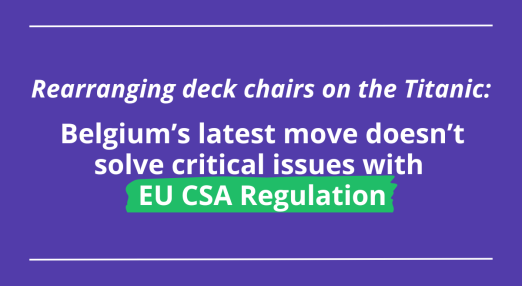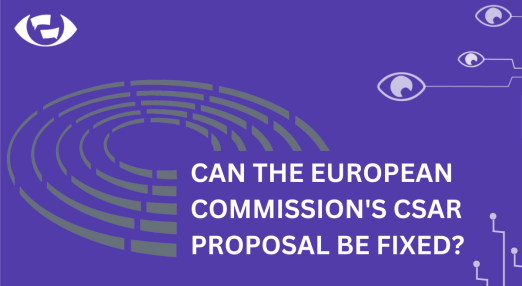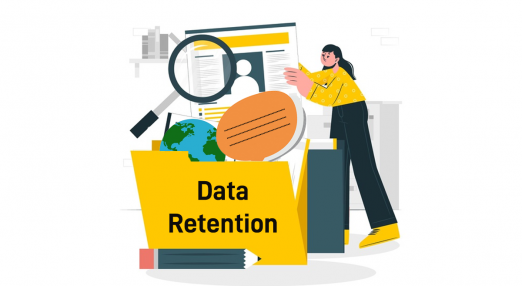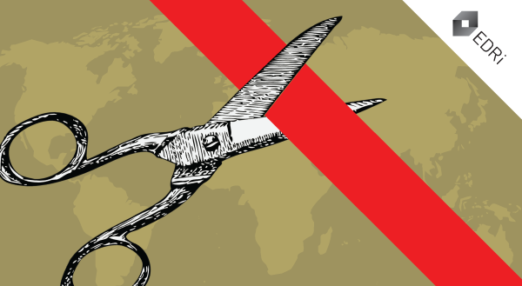IT-Pol
Filter by...
-

Rearranging deck chairs on the Titanic: Belgium’s latest move doesn’t solve critical issues with EU CSA Regulation
The EDRi network has long-urged European Union (EU) lawmakers to ensure that efforts to combat OCSEA (online child sexual exploitation and abuse) are lawful, effective and technically feasible. The goal to protect children online is vital. This can only be done if the proposed measures work and are compatible with human rights, including privacy and the presumption of innocence.
Read more
-

Internal market MEPs wrestle with how to fix Commission’s CSAR proposal
The European Union’s proposed CSA Regulation (Regulation laying down rules to prevent and combat child sexual abuse) is one of the most controversial and misguided European internet laws that we at EDRi have seen. Whilst aiming to protect children, this proposed law from the Commissioner for Home Affairs, Ylva Johansson, would obliterate privacy, security and free expression for everyone online.
Read more
-

CJEU in surprise judgment: zero rating is illegal under EU law
Europe’s highest court has put an end to a long-standing legal battle around the EU’s Net Neutrality Regulation. In a landmark judgement published last week, the Court of Justice of the European Union (CJEU) confirmed what EDRi and its members have argued for years: that zero rating is illegal under EU law because it violates the neutrality obligations of internet access providers
Read more
-

CJEU upholds strict requirements for law enforcement access to electronic communications metadata
Traffic and location data may allow precise conclusions to be drawn about the persons involved, e.g. their social relationships or the social environments frequented by them. In most cases, the CJEU has only allowed access to such data for serious crimes. However, the CJEU ruled that access to retained data is only allowed in cases of serious crime when the access implies a serious interference, and in all criminal cases when the access does not imply a serious interference.
Read more
-

New Protocol on cybercrime: cutting red tape ≠ cutting human rights safeguards
From 20 to 22 November 2019, European Digital Rights (EDRi) and the Electronic Frontier Foundation (EFF) took part in the Octopus Conference 2019 at the Council of Europe (CoE) to present the comments submitted by EFF, EDRi, IT-Pol Denmark and the Electronic Privacy Information Center (EPIC) on draft provisions of the Second Additional Protocol to […]
Read more
-

Danish DPA approves Automated Facial Recognition
On 13 June 2019, the Danish football club Brøndby IF announced that starting in July 2019, automated facial recognition (AFR) technology will be deployed at Brøndby Stadium. It will be used to identify persons that have been banned from attending Brøndby IF football matches for violations of the club’s own rules of conduct. The AFR […]
Read more
-

BEREC workshop: Regulatory action by NRAs and consumer empowerment
On 29 May 2019, EDRi was invited to participate in a workshop of the Body of European Regulators for Electronic Communications (BEREC) on the planned update of its Net Neutrality Guidelines. Thomas Lohninger from Austrian EDRi member Epicenter.works and Jesper Lund from Danish EDRi member IT-Pol represented our network. Lund provided the following input to […]
Read more
-

Five reasons to be concerned about the Council ePrivacy draft
The amendments improve the original proposal by strengthening confidentiality requirements for electronic communication services, and include a ban on tracking walls, legally binding signals for giving or refusing consent to online tracking, and privacy by design requirements for web browsers and apps.
Read more
-

Litigation against the Danish government over data retention
Despite two rulings from the Court of Justice of the European Union (CJEU) in 2014 and 2016 against general and undifferentiated (blanket) data retention, a majority of EU Member States still have national data retention laws in place. Denmark is one these Member States.
Read more
-

EU Member States fight to retain data retention in place despite CJEU rulings
EU Member States are still working to adopt their position on the ePrivacy Regulation proposed by the European Commission in January 2017. A number of draft compromise texts have been published by the Council Presidency before discussions in the Working Party on Telecommunications and Information Society (WP TELE).
Read more
-

IT Pol: Activism made it to the museum
In 2005, Danish EDRi member IT-Political Association of Denmark (IT-Pol) successfully advocated for a resolution (B-103) for open standards in IT systems used by the government, which the Parliament adopted unanimously.
Read more
-

Denmark: Targeted ANPR data retention turned into mass surveillance
Since mid 2016, Denmark has a nationwide automatic number plate recognition (ANPR) system with stationary cameras at 24 locations and mobile cameras mounted on 48 police cars. The ANPR system is currently being integrated with POL-INTEL, the new Danish system for intelligence-led policing (predictive policing), which is supplied by Palantir Technologies. Expansion of the ANPR […]
Read more
